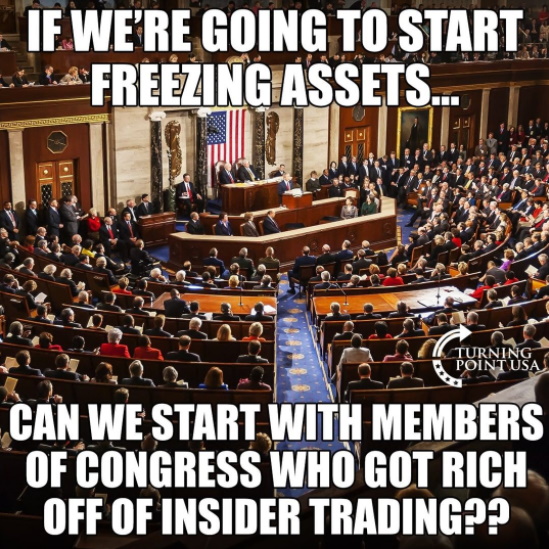While gas prices rose about one dollar before the run-up to the Ukrainian war and 70 cents since the invasion of Ukraine, President Biden has blamed the oil industry for not producing enough oil to shore up the oil crisis from the war. He claims American drillers are not utilizing 9,000 leases on private land.
But American shale drillers have pushed back by suggesting Biden’s supply chain woes and woke private, and public investment strategies have dramatically slowed swift production.
“Getting lenders to choke off money to fossil fuel companies is the next needed move for the industry to address the material risks that the coal, oil and gas industry faces,” Leslie Samuelrich, president at investment advisory firm Green Century Capital Management, said back April about industry’s future lending decisions.
Samuelrich’s analysis has come true, which is greatly reducing the feasibility of new oil projects on the reported 9,000 private land leases.
“Ten years ago, the ‘cost of capital’ for developing oil and gas as compared to renewable projects was pretty much the same, falling consistently between 8% and 10%. But not anymore,” Bloomberg reported in November. Now the cost of capital is reportedly 20 percent for long-cycle developments.
Biden’s attack on private financing is only one angle of assault. In August, a Biden changed global bank financing rules that make it more difficult for drillers to find investors. The policy is intended to accelerate renewable energy investment rather than fossil fuel investment, thereby greatly defunding oil production.
The Wall Street Journal reported Wednesday that oil drillers believe the “flight of capital from the fossil-fuel industry in recent years has left U.S. oil patches without enough fracking equipment to bring a ton of new wells online, and that a resurgence of go-go drilling would deplete companies’ most valuable drilling locations”:
Biden’s attack on private financing is only one angle of assault. In August, a Biden changed global bank financing rules that make it more difficult for drillers to find investors. The policy is intended to accelerate renewable energy investment rather than fossil fuel investment, thereby greatly defunding oil production.
The Wall Street Journal reported Wednesday that oil drillers believe the “flight of capital from the fossil-fuel industry in recent years has left U.S. oil patches without enough fracking equipment to bring a ton of new wells online, and that a resurgence of go-go drilling would deplete companies’ most valuable drilling locations”:
Lenders—who have become more wary of funding oil-related ventures as environmental, social and governance ideas catch on in financial circles—are still unwilling to give money to most of the nation’s crop of oil-field service companies, or to smaller oil producers that want to expand their operations, executives and analysts said. That has left small but instrumental players short of the financing they need to repair fracking equipment sidelined during the start of the pandemic, or invest in building drill bits, drilling rigs and blowout preventers.Data suggests the drillers are correct. American oil production is down drastically from 2019 before the pandemic. In 2022, oil production is 12 million barrels or 8 percent less than in 2019.
“They’ve already got all of their available equipment out there already,” Richard Spears, vice president at energy consulting firm Spears & Associates Inc., told the Journal. “The constraint on growth is going to be, where do you get another [fracking] truck?”
Biden also has a third approach to damaging the American oil industry. Biden has nominated Sarah Bloom Raskin to the Fed. It is well known Raskin expressed interest in driving up financing costs for fossil fuels. In a New York Times op-ed from 2020, Raskin dubbed the oil industry as “dying” and suggested the Fed should not support the oil drilling.
Sen. Bill Cassidy (R-LA) told Breitbart News that Raskin is “trying to kill an essential industry to the world economy by nominating people for the Federal Reserve that will use fiduciary rules to unemploy 12.5 percent of the state, and give Russia more leverage over the...























